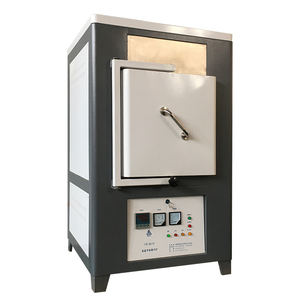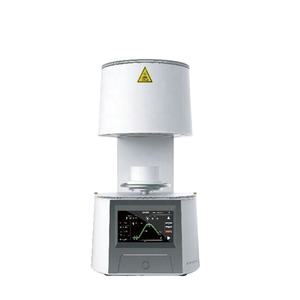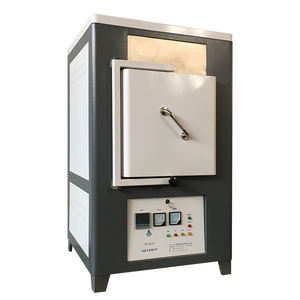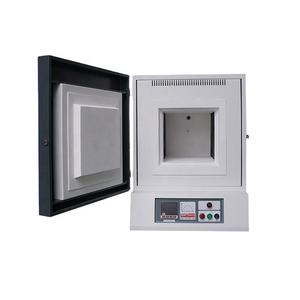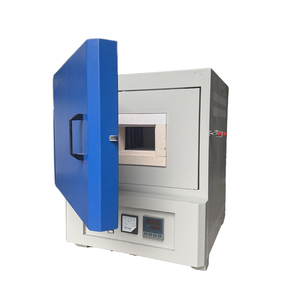Artisan Furnaces - Quality Craftsmanship Tools for Global Artists
Does Your LP Heating System Required a Tune-Up? Below’s the Rundown.
(does lp furnace)
That box humming away in your cellar? It maintains you cozy. It’s an LP heater. LP stands for dissolved oil. This is usually propane. This heating system burns lp gas to warm your home. Comprehending it aids you keep it running efficiently. This stays clear of freezing surprises.
1. What Exactly is an LP Furnace?
Think about it as a powerful heating system. It makes use of gas as its gas. Gas is kept in a large tank outside your residence. Containers can be above ground or buried. Pipelines lug the propane gas right into the furnace. Inside the heating system, the gas burns. This develops extreme warm. A warm exchanger transfers this warm to air. A blower follower presses this cozy air via air ducts. The cozy air streams right into your spaces. This cycle repeats up until your thermostat mores than happy. The heating system shuts down. It waits for the following home heating call. LP furnaces are common where natural gas lines are lacking. They provide trusted warmth. They are efficient. Lp burns cleanly. Modern designs are very effective.
2. Why Pick an LP Furnace Over Various Other Options?
Numerous reasons make LP furnaces attractive. Gas burns hotter than natural gas. This implies quicker home heating. Your home warms up rapidly. Lp is likewise extremely efficient. You get a great deal of warm from each gallon. This can conserve money over time. Gas is widely available. Delivery van load your container consistently. You don’t require a city gas line. This makes gas suitable for rural homes. It additionally works well in suburbs. Lp heating systems are understood for longevity. They commonly last 15-20 years with treatment. They give regular, powerful warmth. This holds true even in extremely chilly environments. Gas is a reliable fuel resource. Storage tanks guarantee you have fuel on hand.
3. Exactly how Does an LP Heater Really Work?
The procedure is a series of occasions. It begins with your thermostat. You established a desired temperature. The thermostat senses the area is cool. It indicates the furnace to begin. The heating system control board turns on. The inducer follower turns on first. This follower removes any remaining gases from the heat exchanger. Next, the gas shutoff opens. Gas moves to the heaters. The ignition system lights the gas. This could be a warm surface igniter or a stimulate. The heaters ignite. They create a regulated fire. This fire heats the metal warmth exchanger. Air from your home blows across the outside of the warm exchanger. The air absorbs the heat. The blower follower presses this warmed air via your ductwork. The heated air enters your home. The cycle proceeds. The thermostat ultimately senses the area is warm enough. It signals the furnace to stop. The gas valve shuts down. The flames go out. The blower fan runs a bit longer. This pushes out continuing to be warm air. Then whatever shuts down. The heater rests up until the next cycle.
4. Where Are LP Furnaces Generally Made Use Of?
LP heaters beam in certain circumstances. They are the go-to selection for homes off the natural gas grid. Think countryside ranches, mountain cabins, remote lake houses. Whole rural neighborhoods typically make use of propane. Developers pick it when gas mains are also costly. Numerous mobile homes rely on LP heating systems. Their portable size fits well. Gas is additionally preferred for additional warm. A gas heater could heat the primary home. Lp fireplaces or room heating systems include coziness to various other spaces. Services use them as well. Think workshops, little stores, barns. Any kind of building requiring dependable warmth without city gas can profit. Lp heaters work well in brand-new construction. They are also a strong replacement for old oil furnaces. Their convenience is a significant plus.
5. LP Furnace Frequently Asked Questions: Your Burning Concerns Addressed
Individuals often ask similar aspects of LP furnaces. Here are clear solutions:
Concern: Exactly how often should I get my LP furnace serviced?
Solution: Yearly professional upkeep is critical. A service technician checks safety and security. They cleanse parts. They guarantee effectiveness. Schedule this tune-up prior to each heating period.
Concern: What does propane cost contrasted to power or oil?
Response: Expenses rise and fall. Gas is normally more affordable than electrical warm. It often takes on home heating oil. Performance and neighborhood rates issue. Inspect present rates in your area.
Inquiry: Is it dangerous to have a lp container?
Response: Lp systems are really secure when installed properly. Tanks are developed challenging. They have safety and security valves. Leakages are rare. Appropriate installment and maintenance are vital. Odor propane? Leave promptly. Call for assistance.
Question: How long does a propane tank last?
Response: Storage tank size and your usage decide this. A typical 500-gallon container may last a whole winter months for a typical home. Colder weather condition means even more gas usage. Your distributor monitors levels. They schedule distributions.
Inquiry: Can I change from oil heat to gas?
Solution: Yes, conversion is common. It often needs a brand-new furnace. The oil tank removal is required. New lp lines and a storage tank are installed. The upgrade cost differs. Numerous find long-lasting savings.
Question: Why does my heating system scent funny sometimes at startup?
Response: A quick, small messy odor is regular. This is dirt burning off the warmth exchanger. A solid, consistent gas odor is not typical. If you scent rotten eggs (the smell added to lp), leave the house. Call your gas firm or fire department from outside. Safety and security initially.
Inquiry: Just how loud should my LP heater be?
Answer: Modern heating systems are fairly silent. You hear the blower follower. You may hear the heaters fire up. Loud bangs, rattles, or shrieks signal an issue. Contact a technician immediately. Do not neglect strange noises.
(does lp furnace)
Keeping your LP furnace happy ways regular care. Adjustment the air filter typically. Every 1-3 months is regular. An unclean filter makes the furnace job harder. It decreases air flow. Keep vents clear inside your home. Guarantee the outdoor exhaust vent is unblocked. Snow or debris blocking it is bad. Pay attention for uncommon sounds. Expect adjustments in performance. Does it cycle on and off frequently? Is one space chillier than others? These might be ideas. Depend on your senses. Yearly specialist maintenance is non-negotiable. It makes sure secure, effective procedure. It prevents little issues from becoming big, expensive ones. Your comfort depends on it. Winter months is coming. Is your LP heating system ready?

